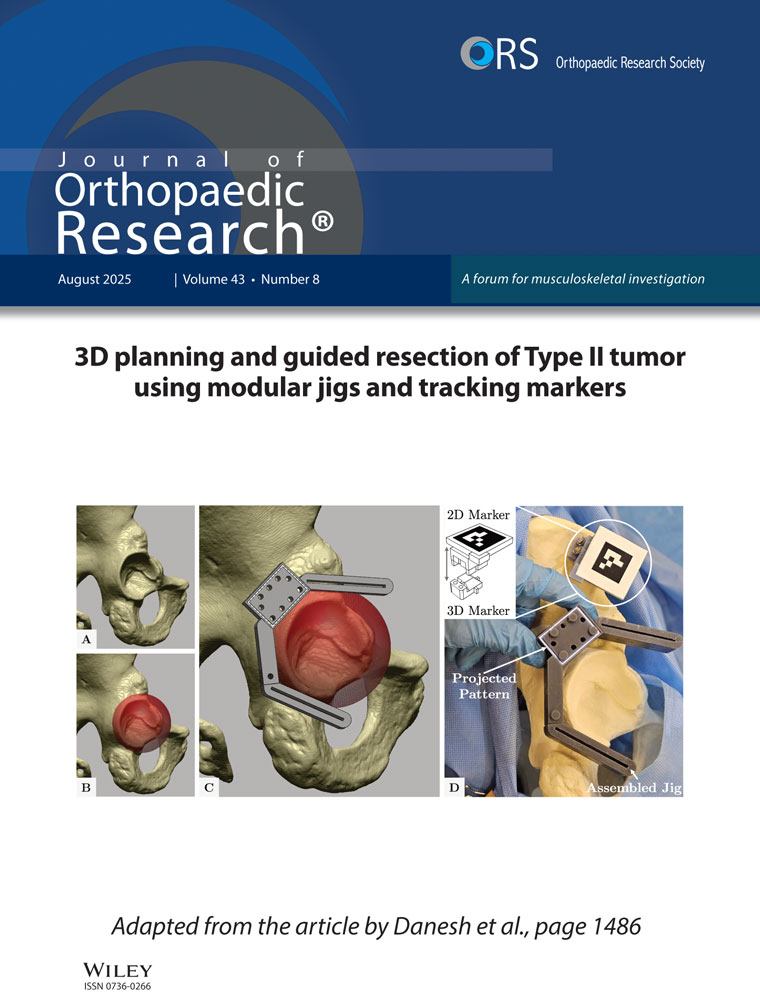Basic fibroblast growth factor regulates expression of growth factors in rat epiphyseal chondrocytes†
Presented in part at a poster session during the 44th Annual Meeting of the Orthopaedic Research Society, New Orleans, Louisiana.
Abstract
Chondrocytes produce several local regulatory factors such as basic fibroblast growth factor (bFGF), transforming growth factor-β (TGF-β) and insulin-like growth factor-I (IGF-I). In this study, we examined the effect of bFGF on the expressions of both mRNA and protein of the growth factors synthesized by chondrocytes. Treatment of chondrocytes with bFGF (1–100 ng/ml) stimulated the mRNA expression of bFGF and TGF-β up to 121–604% and 130–220% at 12 h compared with the controls, respectively. On the other hand, the treatment of chondrocytes with bFGF (1–100 ng/ml) suppressed IGF-I mRNA expression to 79–47% at 12 h compared with the controls. An enzyme-linked immunosorbent assay (ELISA) revealed that the treatment of chondrocytes with bFGF (1–100 ng/ml) also enhanced the production of TGF-β1 proteins in the chondrocytes up to 299–508% at 24 h compared with controls. We conclude that bFGF influenced the local expression of growth factors by chondrocytes, suggesting autoregulation of growth factor expression during chondrogenesis. © 2001 Orthopaedic Research Society. Published by Elsevier Science Ltd. All rights reserved.




